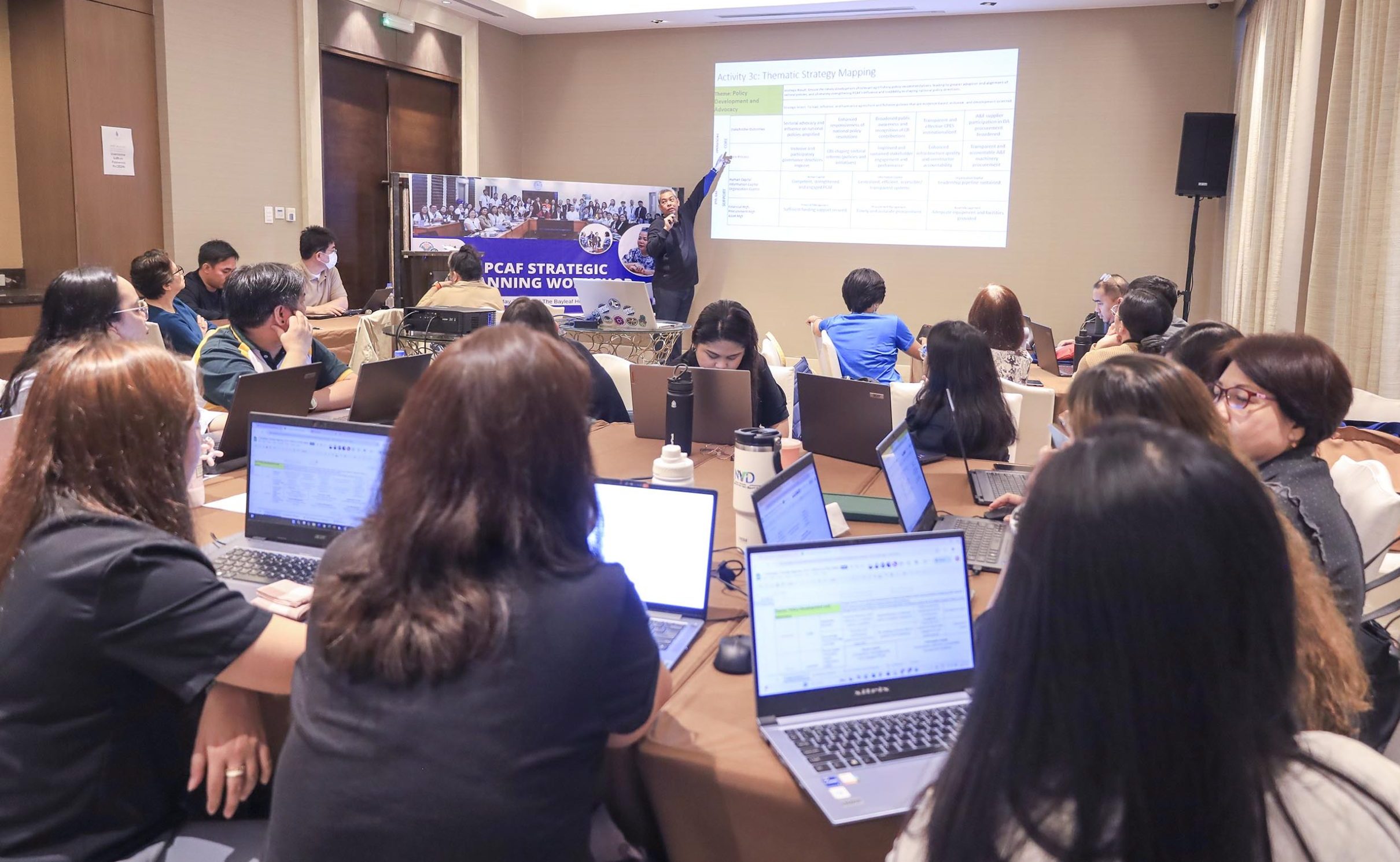
The Philippine Council for Agriculture and Fisheries (PCAF) laid the groundwork for a six-year strategic plan, concluding a three-day workshop on May 7 to 9, 2025 in General Trias, Cavite.
Over 60 PCAF employees convened to assess the agency’s current operations and forge a dynamic plan for Fiscal Year 2026 to 2031. The strategic planning activity reexamined the agency’s organizational outcomes, focusing on establishing well-aligned strategic objectives, performance measures and key initiatives.
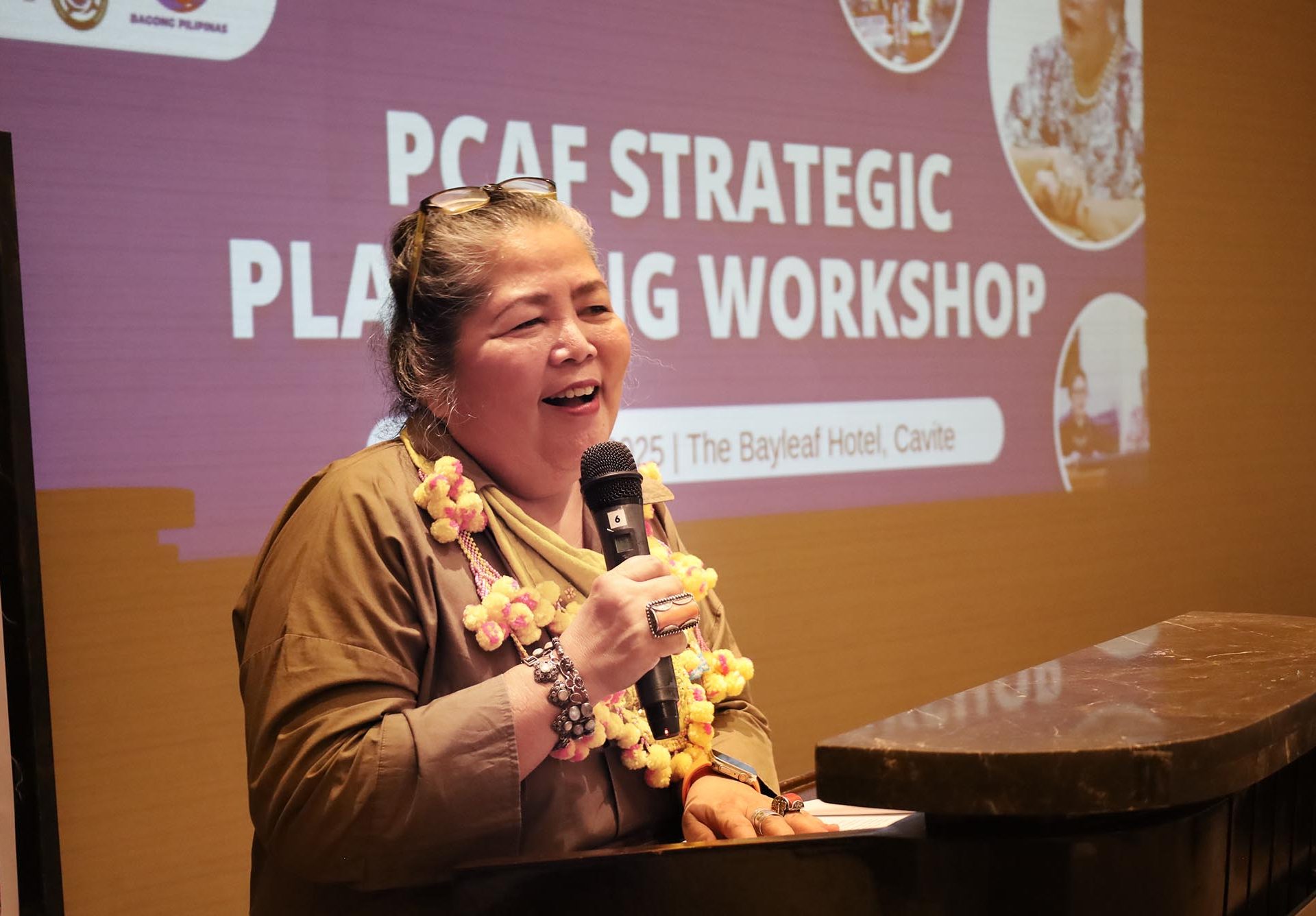
“This calls for us to think broadly, to venture ‘out-of-the-box’ in order to effectively address the critical needs of our stakeholders, our dedicated Operating Units, and our vital Consultative Bodies”, said PCAF Executive Director Bernadette De Los Santos.
This moved the agency’s commitment to enhance its performance and mandate adherence through refining its strategies to address the identified gaps hindering optimal operations and service delivery among its internal and external stakeholders.
The workshop followed preparatory discussions held in April, including an orientation on the strategic planning process on April 7 and a virtual engagement with the agency’s Consultative Bodies on April 25.
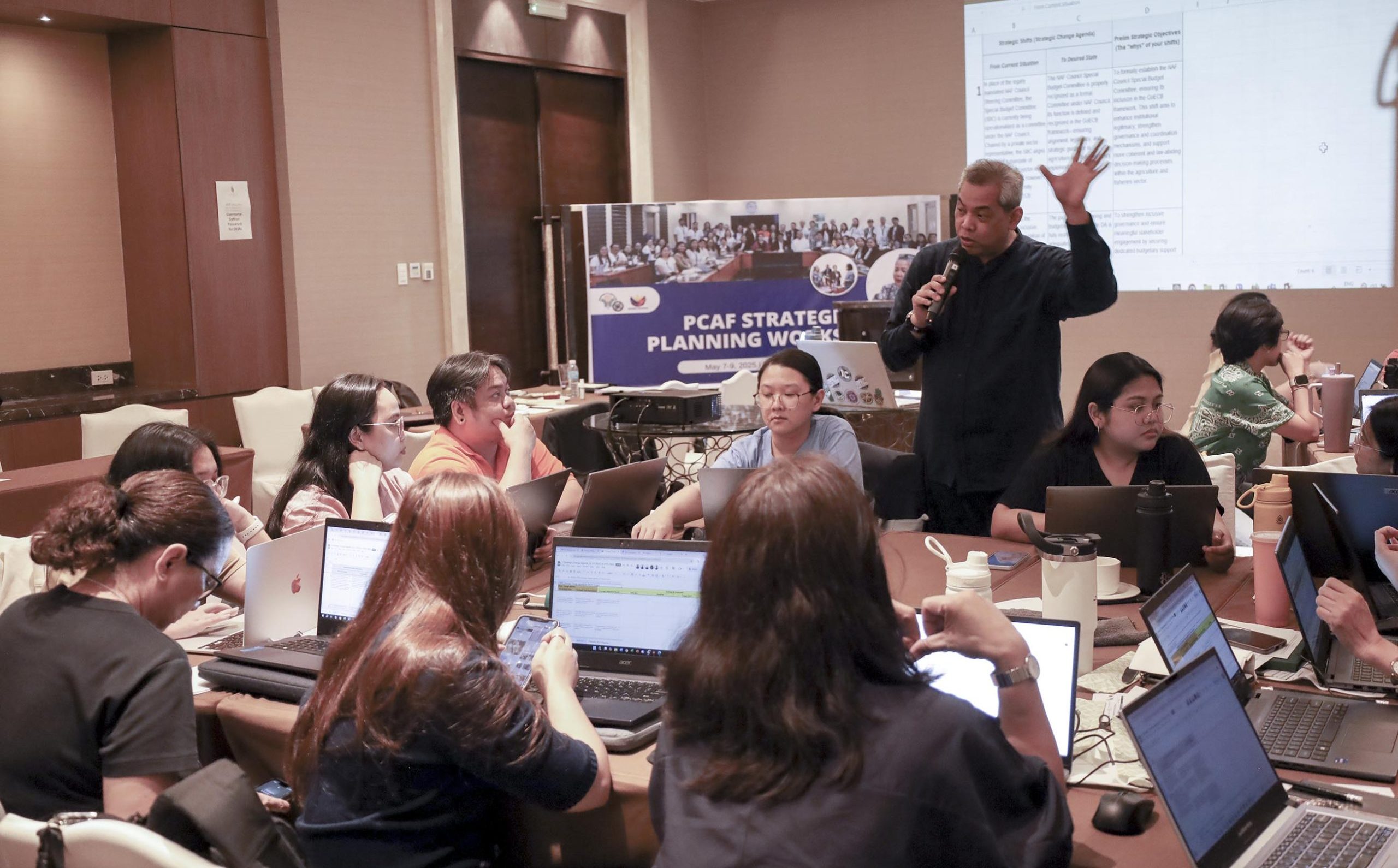
The process was guided by Francis Adrian Comendador, Chief Human Resource Specialist from the Civil Service Commission’s (CSC) Strategy Management Office. He facilitated the development of strategic objectives encompassing critical themes such as Policy Development and Advocacy, Strategy, Monitoring, and Knowledge, Partnership Development, and Governance and Support Services.
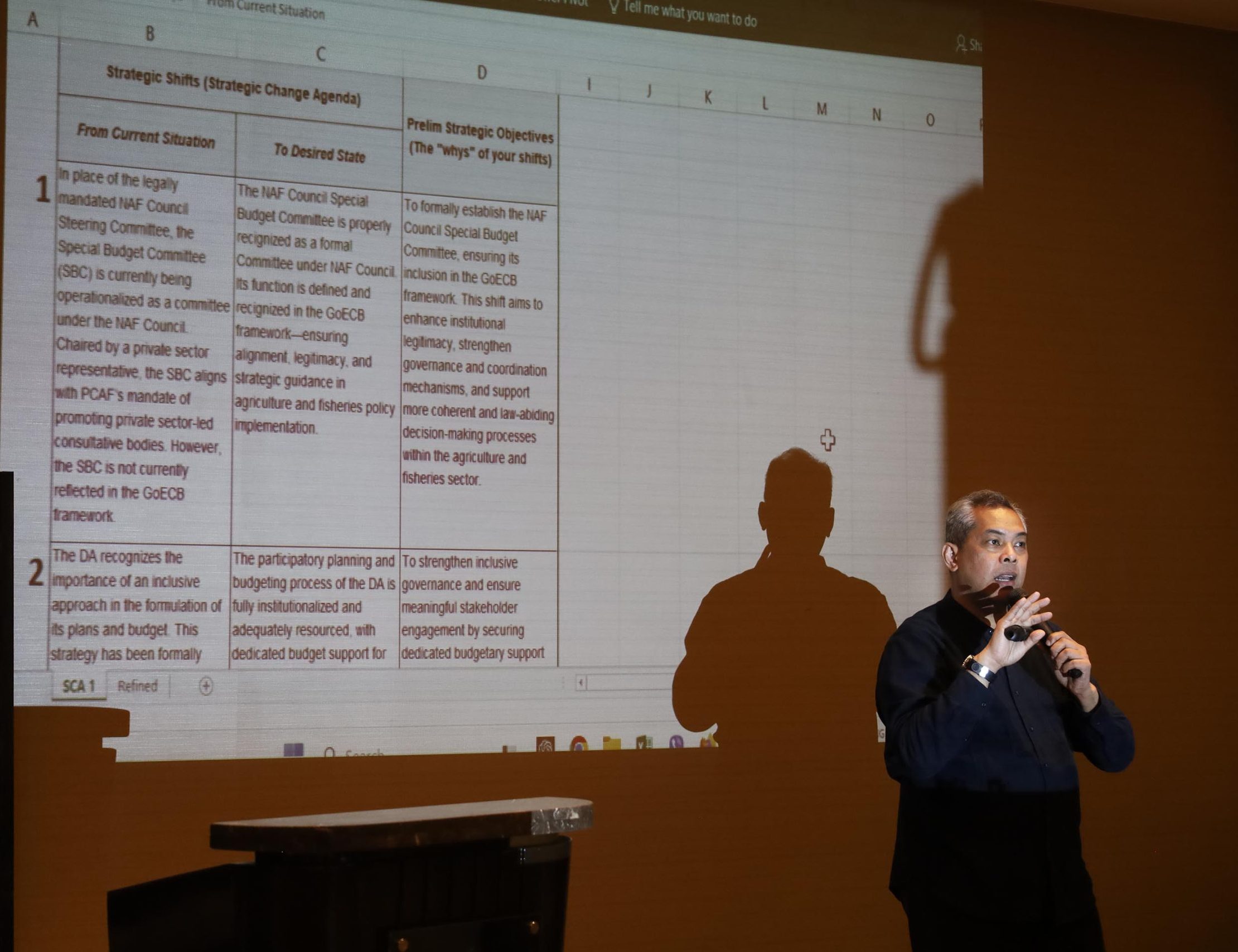
To effectively translate the inputs from the theme groups into comprehensive strategies, Comendador will further review the workshop outputs and provide an enhanced agency strategy map, preliminary scorecard, and portfolio of initiatives. These will serve as critical components for PCAF’s finalization of the strategic plan document.
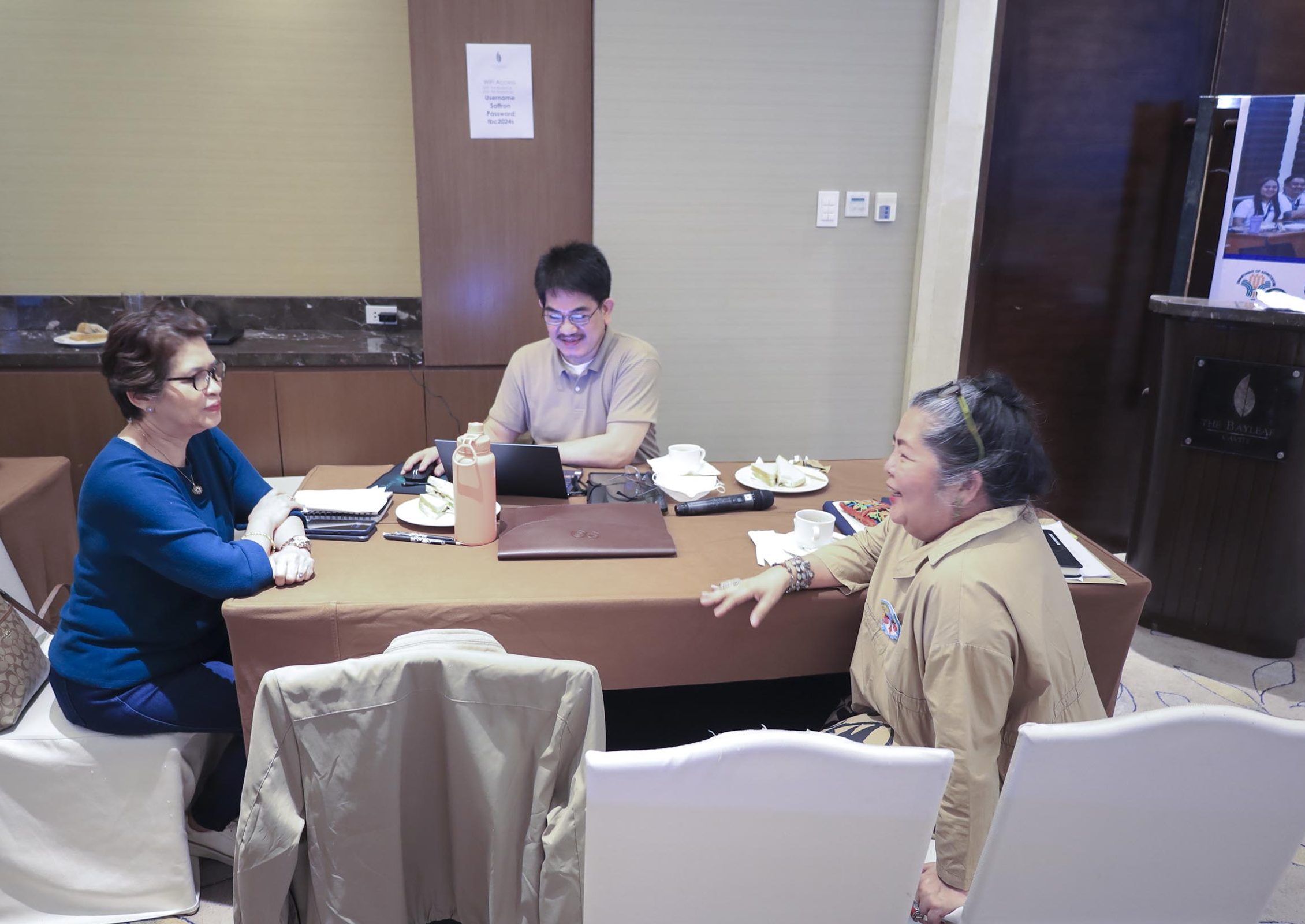
A significant highlight of the planning session was the emphasis on revitalizing the Agricultural and Fishery Councils (AFCs). Aligning with the Sagip Saka Act, PCAF is strategically integrating objectives and initiatives to transform AFCs into dynamic Enterprise Development Councils, empowering them to play a more active role in agricultural and fisheries value chains.
In a move to strengthen stakeholder engagement, PCAF will also develop a nationwide database of Civil Society Organizations (CSOs). This will serve as a tool for tracking recruitment and fostering meaningful partnerships.
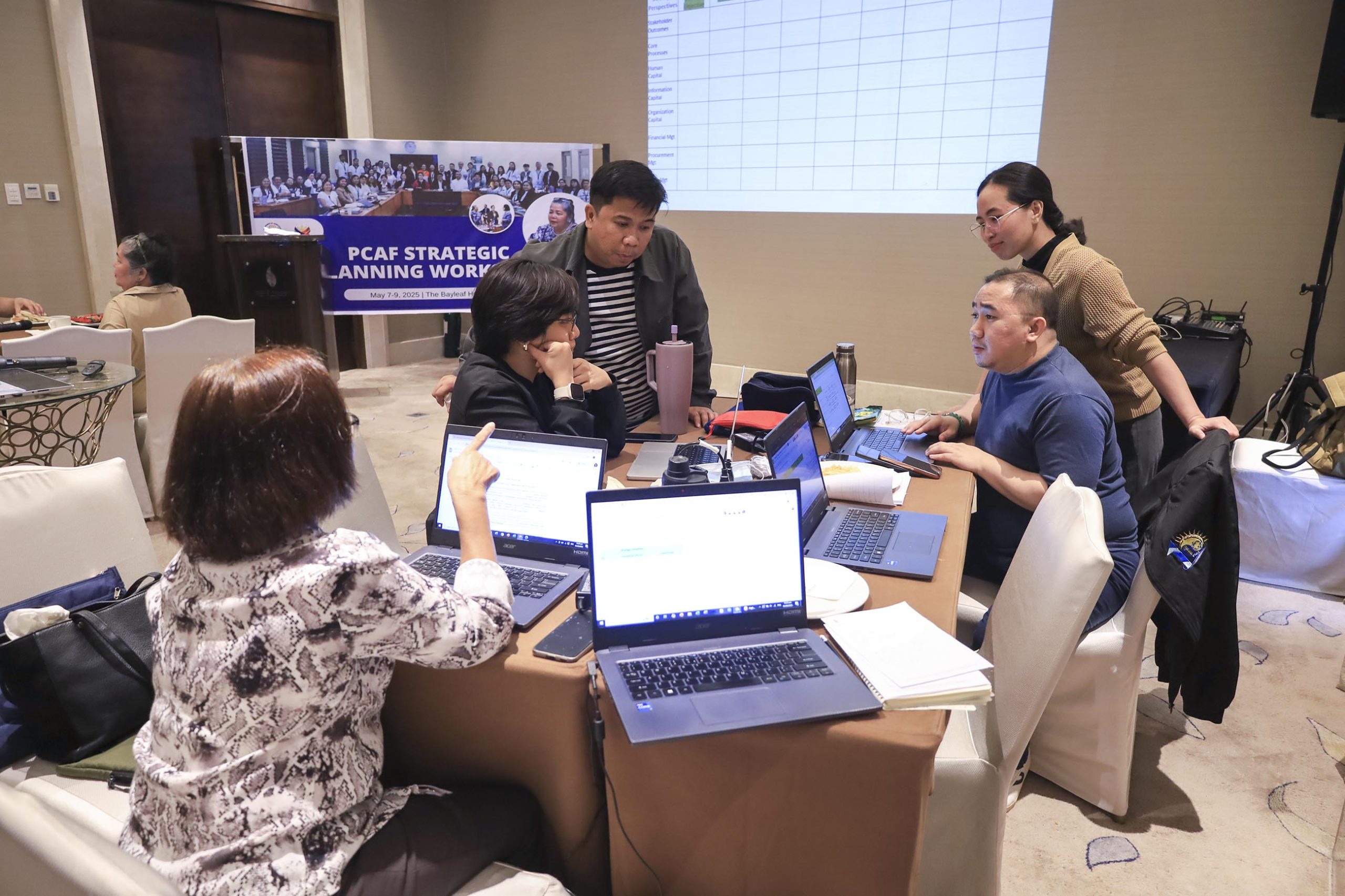
Looking towards long-term capacity building, the establishment of a PCAF Academy emerged as a key strategic initiative. This envisioned academy could feature a pool of subject matter experts and Training-of-Trainers programs, ensuring continuous professional development within the sector.
Under the strategic theme of Strategy, Monitoring, and Knowledge, PCAF aims to cultivate a stronger organizational identity through a comprehensive branding strategy.
This initiative goes beyond visual elements, seeking to position PCAF as a trusted leader championing inclusive governance in the agriculture and fisheries sectors. Furthermore, the agency resolved to refine its performance indicators, shifting focus from mere activities to measuring tangible outcomes and impact.
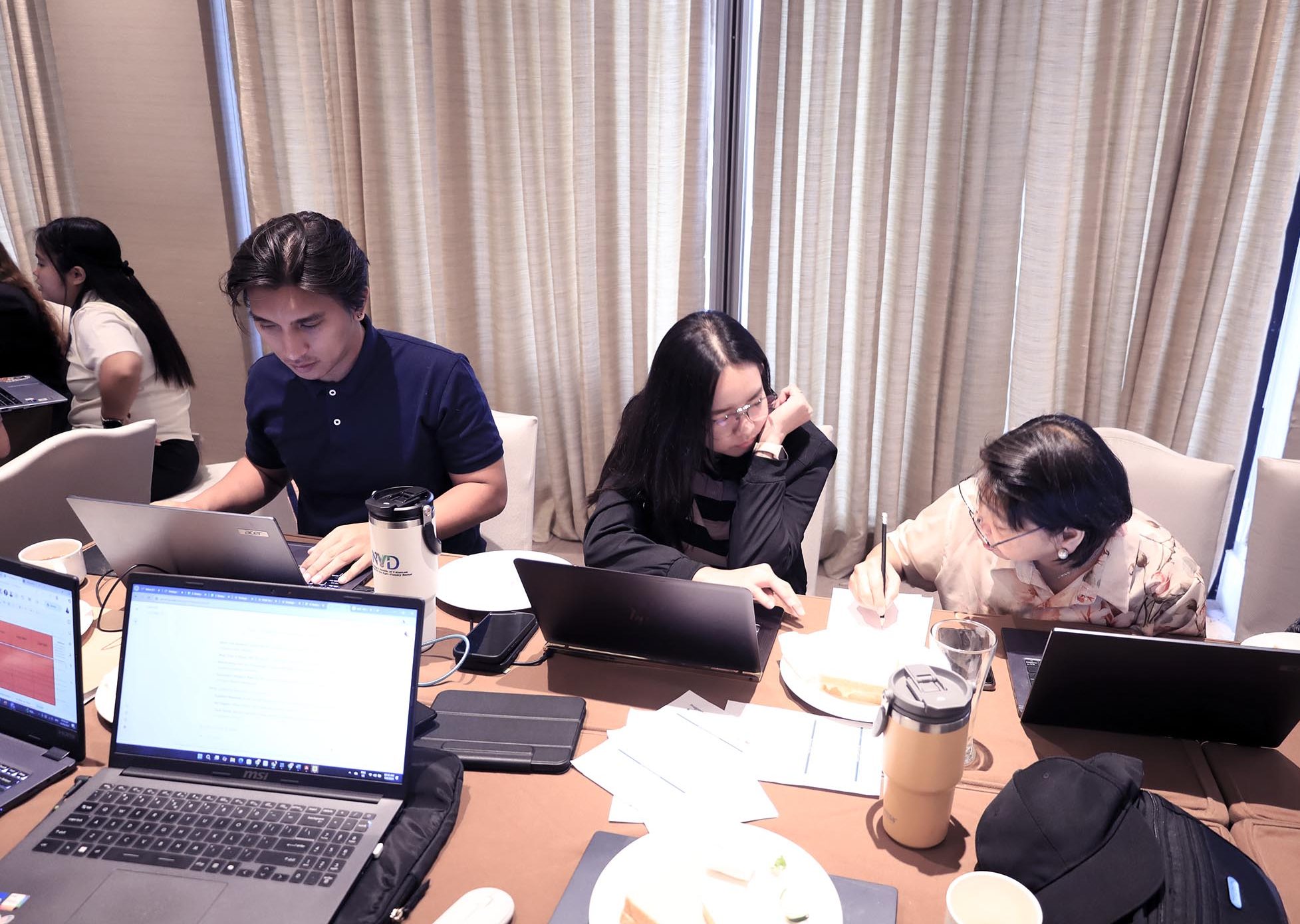
Addressing internal operational efficiency, PCAF’s Administrative, Financial and Management Division incorporated human capital concerns raised by various operating units into the strategic framework. This includes a commitment to organizational restructuring to better align the agency’s structure with its evolving priorities.
The importance of clear and measurable targets was also underscored, with a directive to avoid assigning baseline figures to unimplemented activities. To bolster its human resource capacity, PCAF will utilize the CSC Competency Dictionary to develop a competency-based framework for strategic workforce planning.
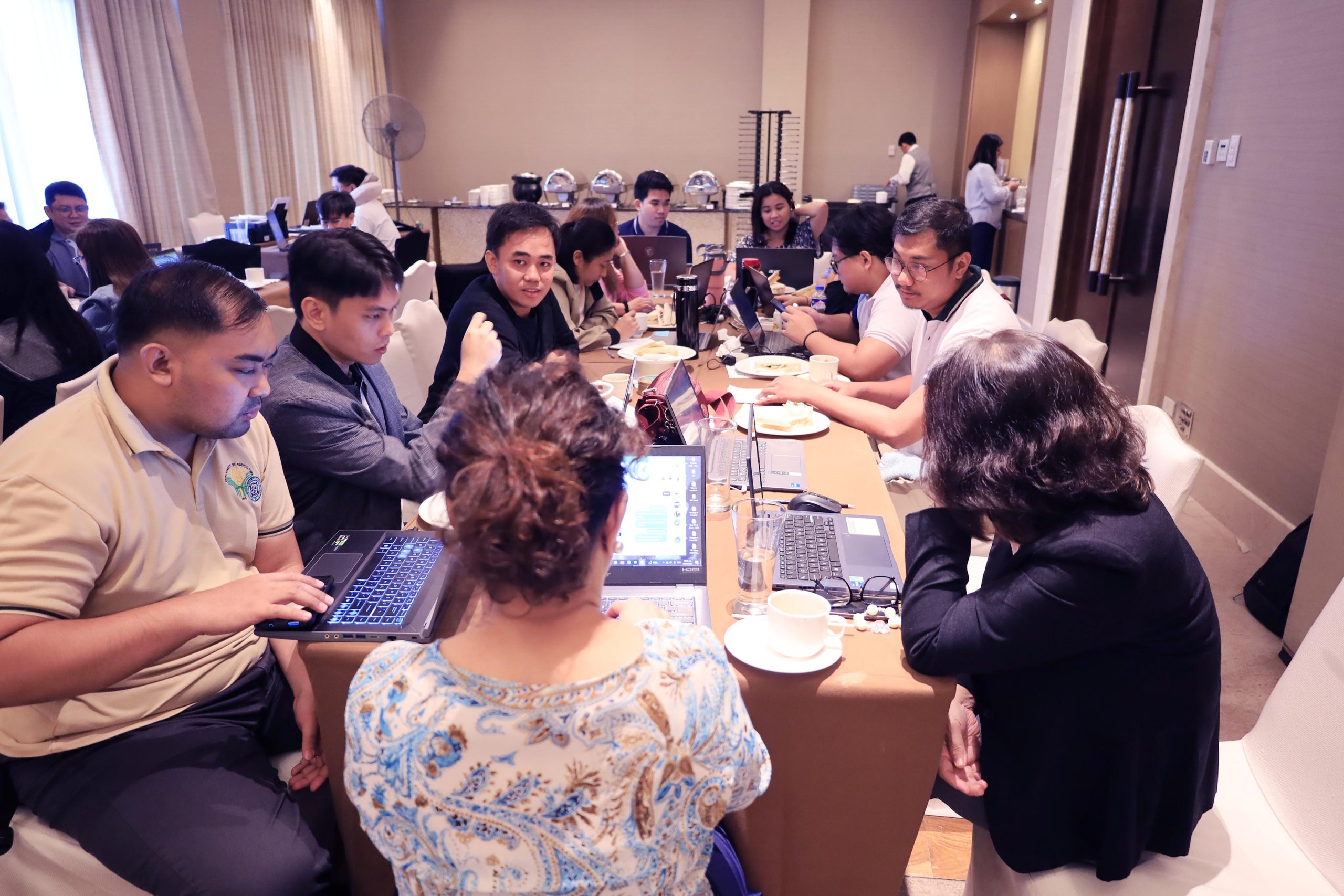
The workshop also ensured that complementary plans align with the strategies established in the agency’s medium term plan. Complementary plans include the strategic monitoring and evaluation plan, strategic communication plan, and strategic expenditures plan, among others.
A follow-up planning session is scheduled to validate and finalize the workshop deliverables to ensure an inclusive, results-oriented, and transformative Strategic Plan, paving the way for a new era of strategic action at PCAF. | Jezebel Campaniel











